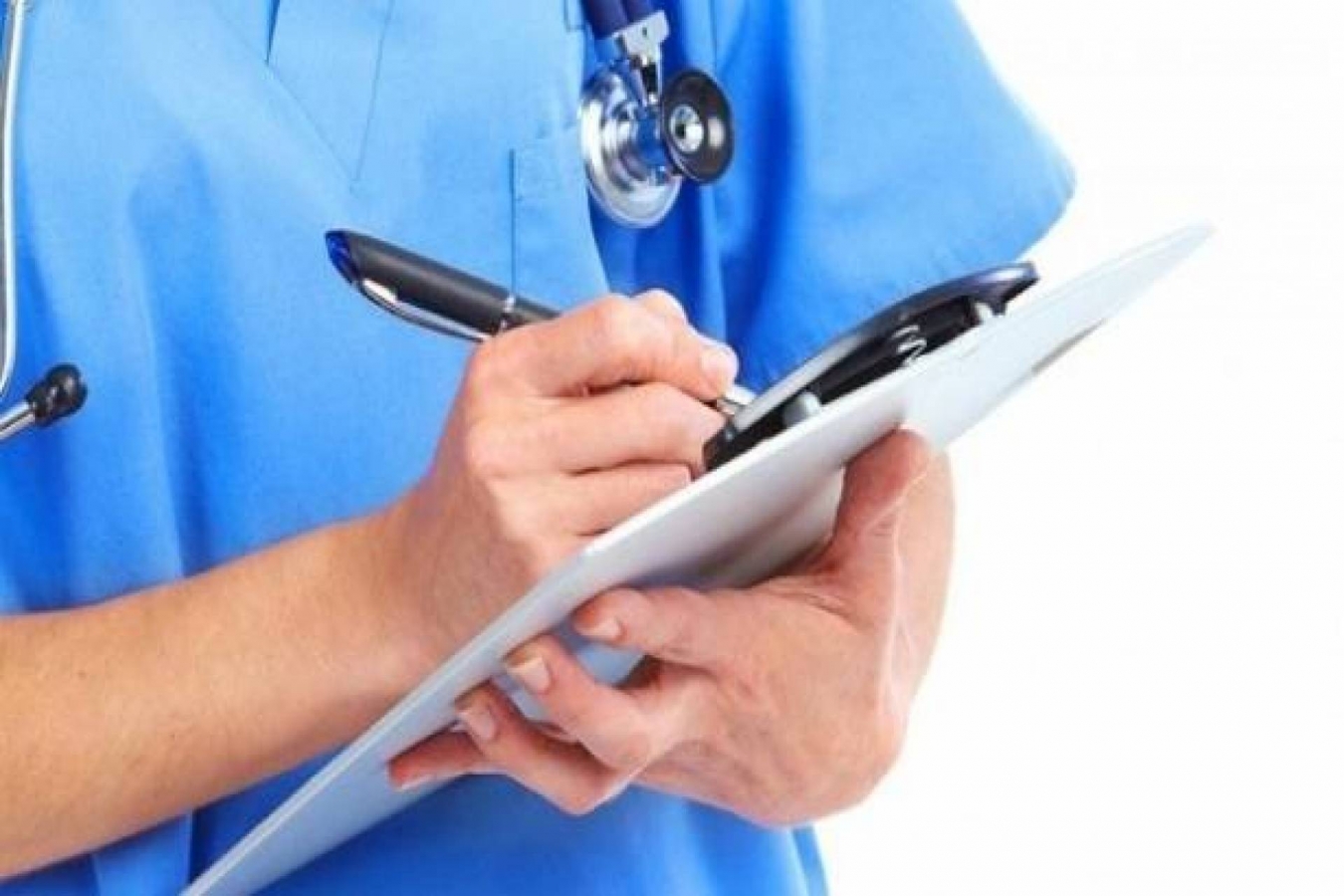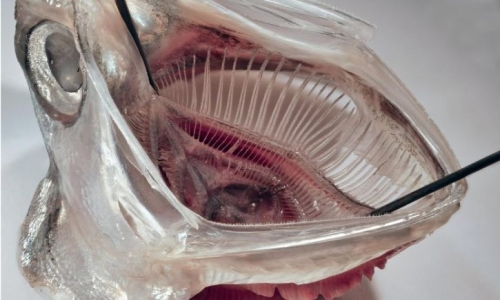


 6:45:38
6:45:38  2019-02-06
2019-02-06  1283
1283

Intro
Recent research on the genetics of cancer may lead to impression that some are fated for the disease, but that's not necessarily true.
Healthy behaviors could prevent about half of all cancer deaths, according to the American Cancer Society.
Here are 10 lifestyle changes, all based on recent research, that can improve your odds of warding off cancer.
The tips come from Dr. Anne McTiernan, a cancer prevention researcher at Fred Hutchinson Cancer Research Center in Seattle.
By Live Science Staff
Reality Of Islam |
|

Researchers

A new chip-

A large inf

Choosing th
 9:3:43
9:3:43
 2018-11-05
2018-11-05
10 benefits of Marriage in Islam
 7:5:22
7:5:22
 2019-04-08
2019-04-08
benefits of reciting surat yunus, hud &
 9:45:7
9:45:7
 2018-12-24
2018-12-24
advantages & disadvantages of divorce
 11:35:12
11:35:12
 2018-06-10
2018-06-10
 6:0:51
6:0:51
 2018-10-16
2018-10-16
 8:39:51
8:39:51
 2022-09-23
2022-09-23
 10:35:40
10:35:40
 2022-05-26
2022-05-26
 7:26:19
7:26:19
 2022-04-08
2022-04-08
 9:50:37
9:50:37
 2023-02-28
2023-02-28
 12:47:1
12:47:1
 2022-12-20
2022-12-20
 2:42:26
2:42:26
 2023-02-02
2023-02-02
 10:47:11
10:47:11
 2022-11-22
2022-11-22
 5:41:46
5:41:46
 2023-03-18
2023-03-18
| LATEST |